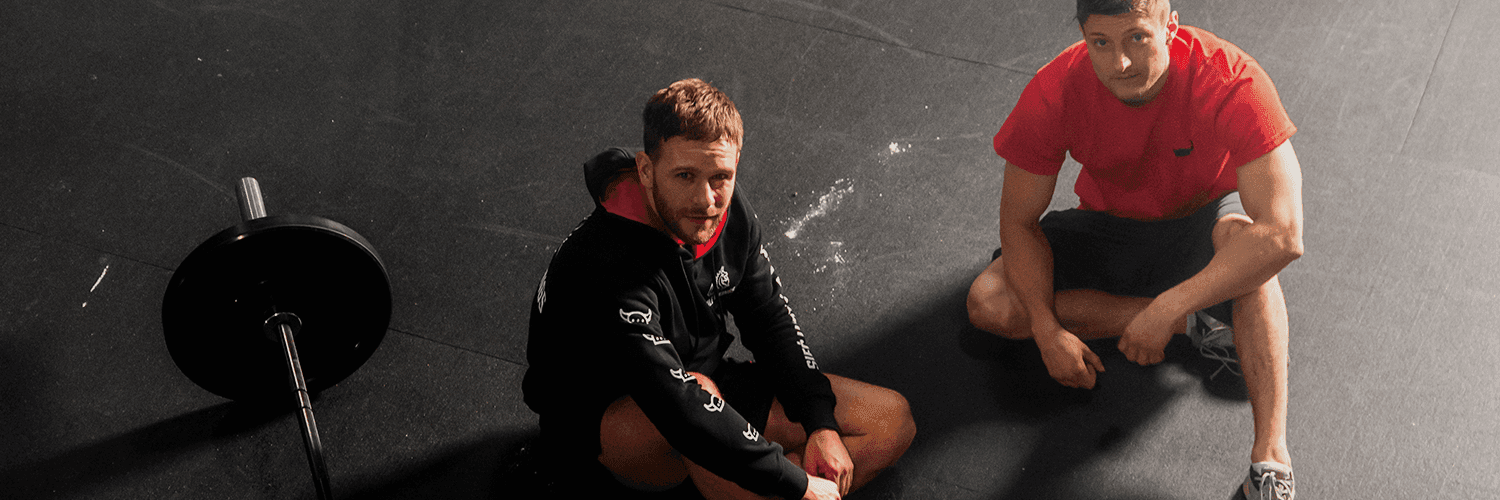Depression and schizophrenia – for many, these are still difficult topics, often misunderstood and surrounded by myths. However, for millions of people, it's... everyday life. According to research, 85% of us believe that mental disorders are real, not an invention or an excuse. This is truly good news. However, we still have a lot to do regarding how we think about brain diseases. Stereotypical thinking about depression? Fight it!
Fighting depression and stereotypes, but by an operator? What?! Well, ahoy, we are a mobile operator, but a community one! At Mobile Vikings, we care not only about our own, and socially important topics are close to our hearts. We break patterns not only in the telco industry. Szalupy Ratunkowe (Lifeboats) is a project that functions precisely thanks to the devoted Viking community.
In Poland, about 1.2 million people suffer from depression, and almost 385 thousand struggle with schizophrenia. Despite such a large scale, people with nervous system diseases still face misunderstanding, fear, and exclusion.
Mental disorders and neurological diseases are not a life sentence, but – in public perception – they are often treated as such. People who struggle with them experience not only the symptoms of the disease itself. They also experience ostracism, exclusion, and silent distance from others.
The stigmatization of such individuals carries specific consequences:
- social isolation,
- difficulties in professional and private relationships,
- deterioration of health,
- lower treatment effectiveness,
- disease relapses
- and most importantly – loss of self-worth.
According to research commissioned by the Nie Widać Po Mnie Foundation, as many as 25% of respondents witnessed discrimination against people with mental disorders, and 4% experienced it personally. On the other hand – fortunately – 85% of people understand that mental disorders are real. 69% of people do not consider them a sign of weakness, and 93% of people know that someone with depression needs support.
Public knowledge about nervous system diseases in Poland is increasing every year; however, it is still largely based on stereotypes.
Stereotypical thinking about depression – fight it
Stereotypical thinking about depression only worsens the situation of individuals with disorders. It leads to their exclusion, even isolation, and problems in professional and private life. This ostracism deprives them of friends, opportunities for development, and the utilization of their potential. Loneliness, low self-worth, lack of will to live – these are the effects.
That is why, on the one hand, psychoeducation is so important, and on the other, true empathy. Only by demystifying mental disorders and neurological diseases can we reach a point where individuals with disorders are not stigmatized and discriminated against, not only by their loved ones, but also in public places or even in their interactions with the state and healthcare system.
If this article were to end with an appeal, it would sound like this: fight stereotypes and be an empathetic person. Yes, it's that simple.
This article was created in cooperation with the Nie Widać Po Mnie Foundation, which is a Mobile Vikings Partner in the 12th edition of Szalupy Ratunkowe. Why a mobile operator decided to fight depression, you can find out on SzalupyRatunkowe.pl/drop-the-burden.
Also check out:
- How does psychoeducation work?
- Masks of depression – how to recognize them
- Not every crisis is a disorder
- Where to seek help?
The article was fact-checked by experts from the Nie Widać Po Mnie Foundation.
Sources:
- https://www.harmoniamentis.pl/wyprostujspojrzenie/
- Jacek Wciórka, EZOP II: psychiatric treatment in public opinion, https://ezop.edu.pl/wp-content/uploads/2021/12/EZOPII_Postawy.pdf (accessed 24.05.2024)
- https://ezop.edu.pl/narodowy-program/badanie-ezop-ii-pandemia-zdrowotny-dramat-polakow-wedlug-najnowszych-danych/4845.html (accessed 19.05.2024)
- https://www.gov.pl/web/zdrowie/ochrona-zdrowia-psychicznego (accessed 15.05.2024)
- https://www.zdrowie.gov.pl/portal/nz/index.html#/stronaGlowna/porp/porp/ezp-zdrowie-psychiczne (accessed 15.05.2024)
- https://pacjent.gov.pl/poradnie/ambulatoryjna-opieka-specjalistyczna/neurologia/400-tysiecy-osob-choruje-na-padaczke (accessed 15.05.2024)
- https://www.np.pl/pod/enti/pediatria/aktualnosci/badania/37884.coraz-wiecej-cierpi-dzieci-zmaga-sie-z-depresja-i-zaburzeniami-lekowymi (accessed 19.05.2024)











